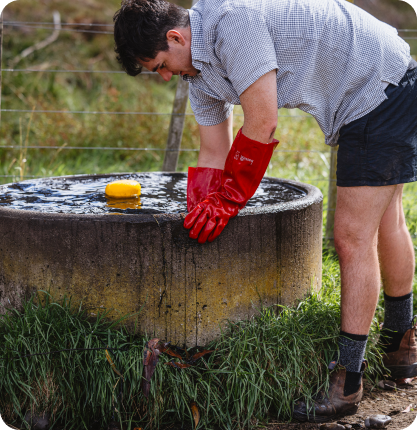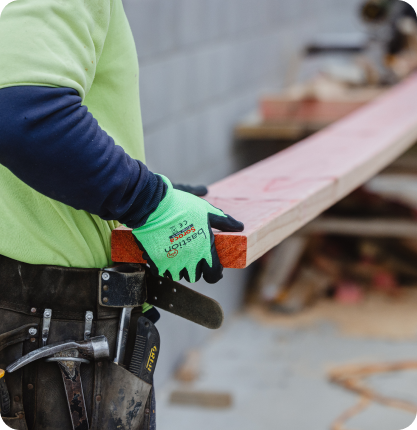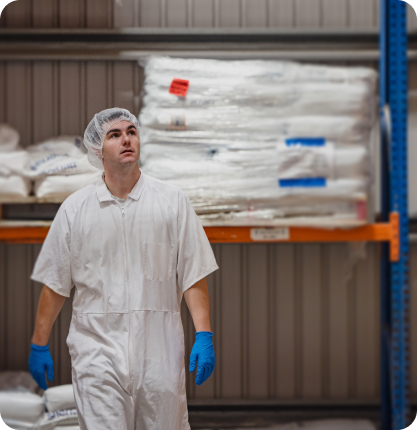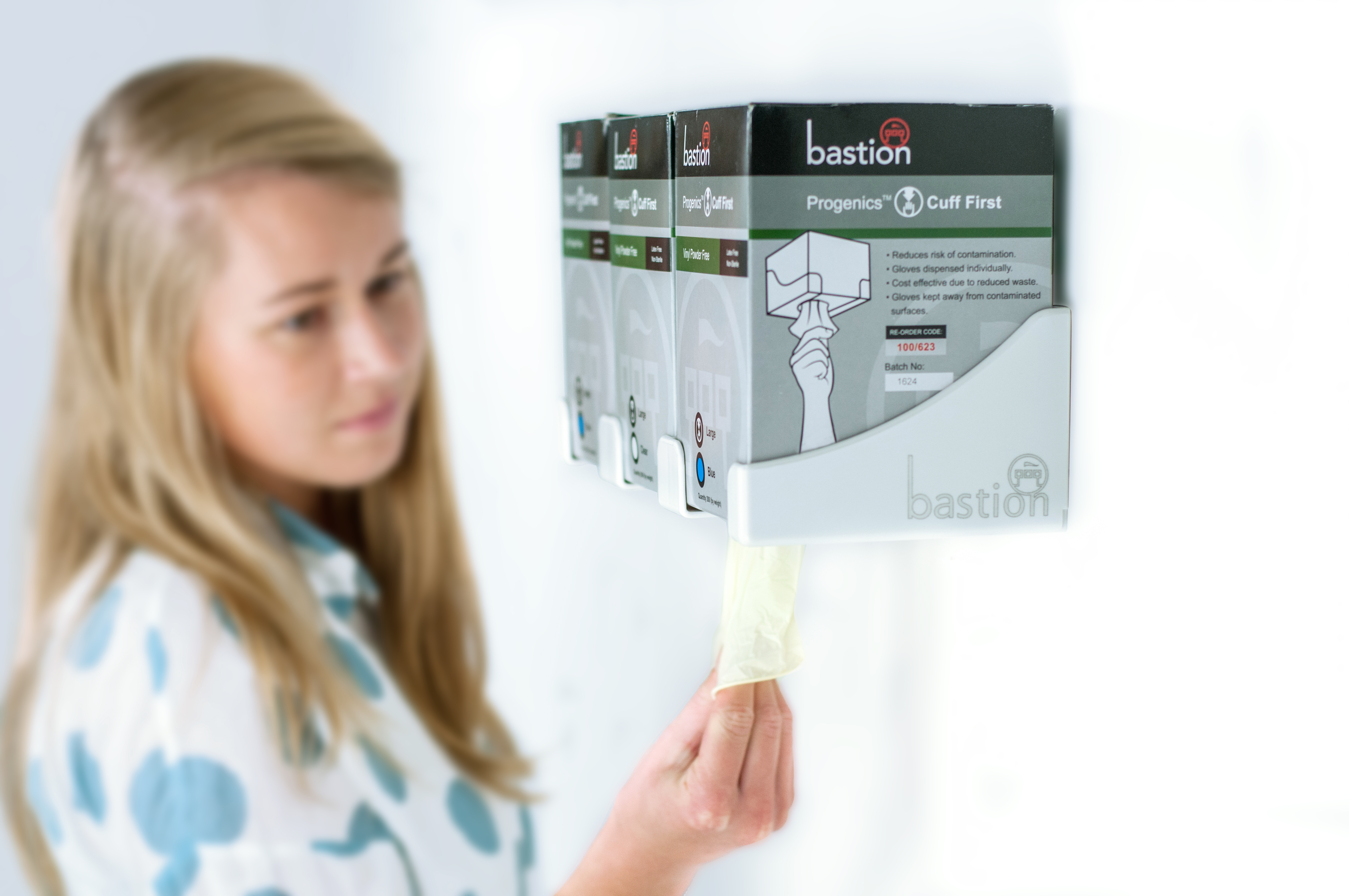Bastion
A level of defence every New Zealander
should have
From disposable and reusable gloves and protective clothing to safety accessories and cleaning products, we have what every environment needs to stay safe and clean.
Protective gloves
Say no to infectious diseases and contaminants with our disposable glove range
Workplace gloves
You can count on to prevent injuries, punctures, chemical burns, abrasions and more
Protective clothing
We have you covered from head to toe when it comes to disposable clothing.

On-site, at the farm, in the clinic, around home
Protecting New Zealanders is our promise. Bastion is a brand by Unipak™, a New Zealand family-owned company loyal to Kiwis since 2004.











